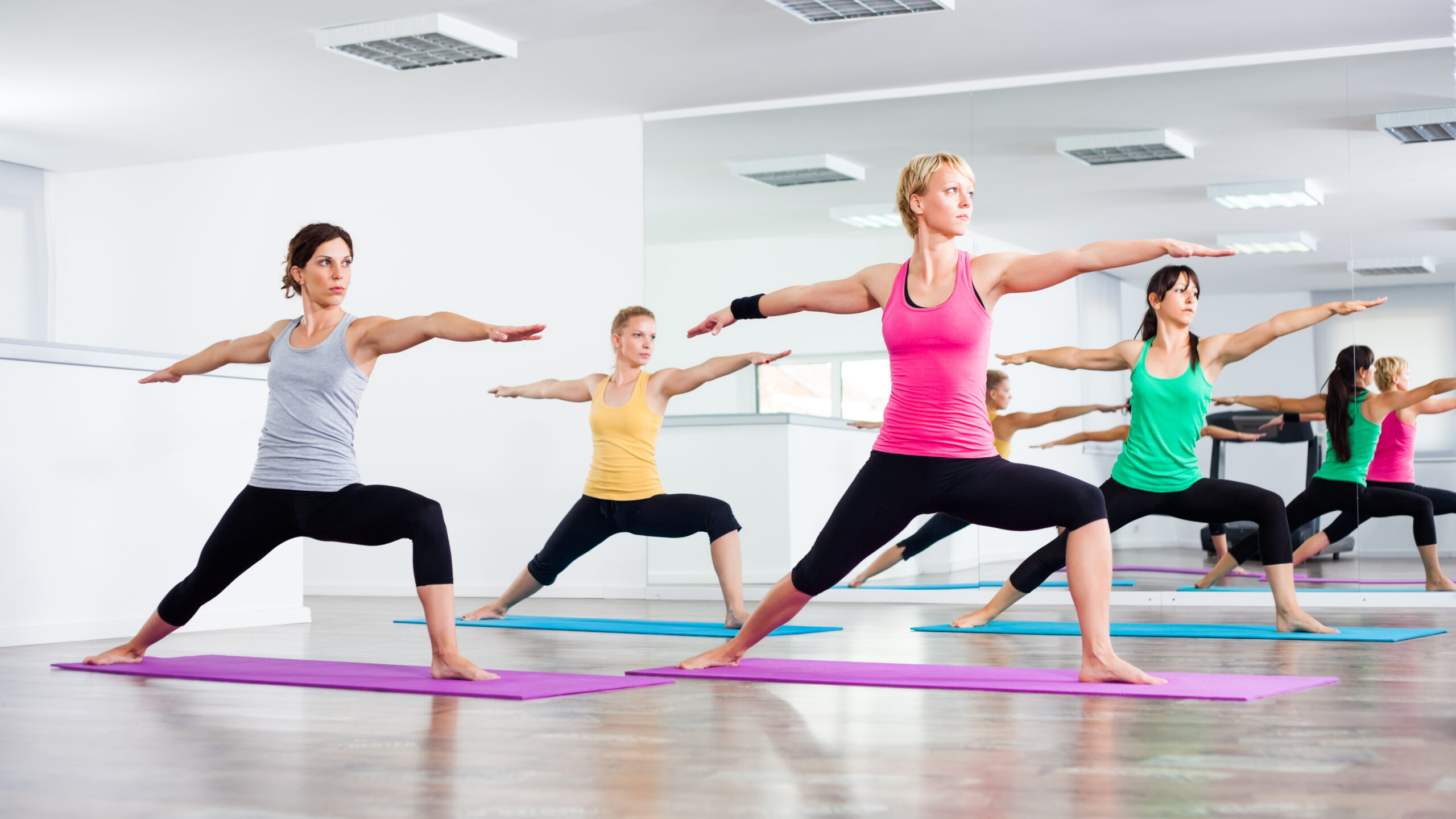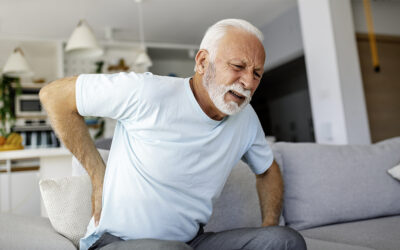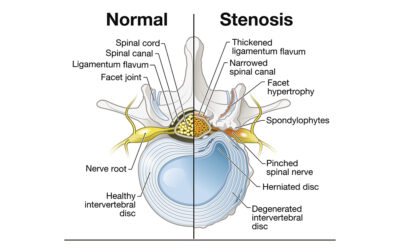Yoga and Pilates are suitable for people of all ages and fitness levels, medical experts say.
These low-impact workouts don’t require special equipment and, after initial training, can be done at home to improve physical and mental health.
“Both use your own body weight and can be tailored for levels from beginner to advanced,” said Dr. Jayson Loeffert. He’s a primary care sports medicine physician at Penn State Health Milton S. Hershey Medical Center.
Pilates aims to strengthen core muscles between the shoulders and pelvis, while yoga tends to focus on the mind-body connection, and often includes meditation and breathing techniques. Yoga can help people manage stress, according to the American Osteopathic Association.
Both exercises include slow, careful movements that can improve strength, balance and flexibility. Beginners should attend classes to learn how to do these exercises correctly, Loeffert advised.
Because they are low impact, yoga and Pilates are ideal for people with arthritis or injuries. “Most people can tolerate it without much problem,” Loeffert said. “It’s good for healing.”
The exercises also help people with diabetes, high blood pressure or neuropathy (problems with nerves) in their legs, he said.
Yoga and Pilates have other benefits, too, according to nurse practitioner Barbara Cole, who is also at Penn State Health. Among them: preventing and treating back pain; boosting posture and balance; increasing range of motion; and improving sleep.
Pregnant women and people with high blood pressure, risk of blood clots, herniated disks or other pre-existing conditions should check with their doctor before beginning yoga or Pilates, Cole recommended.



